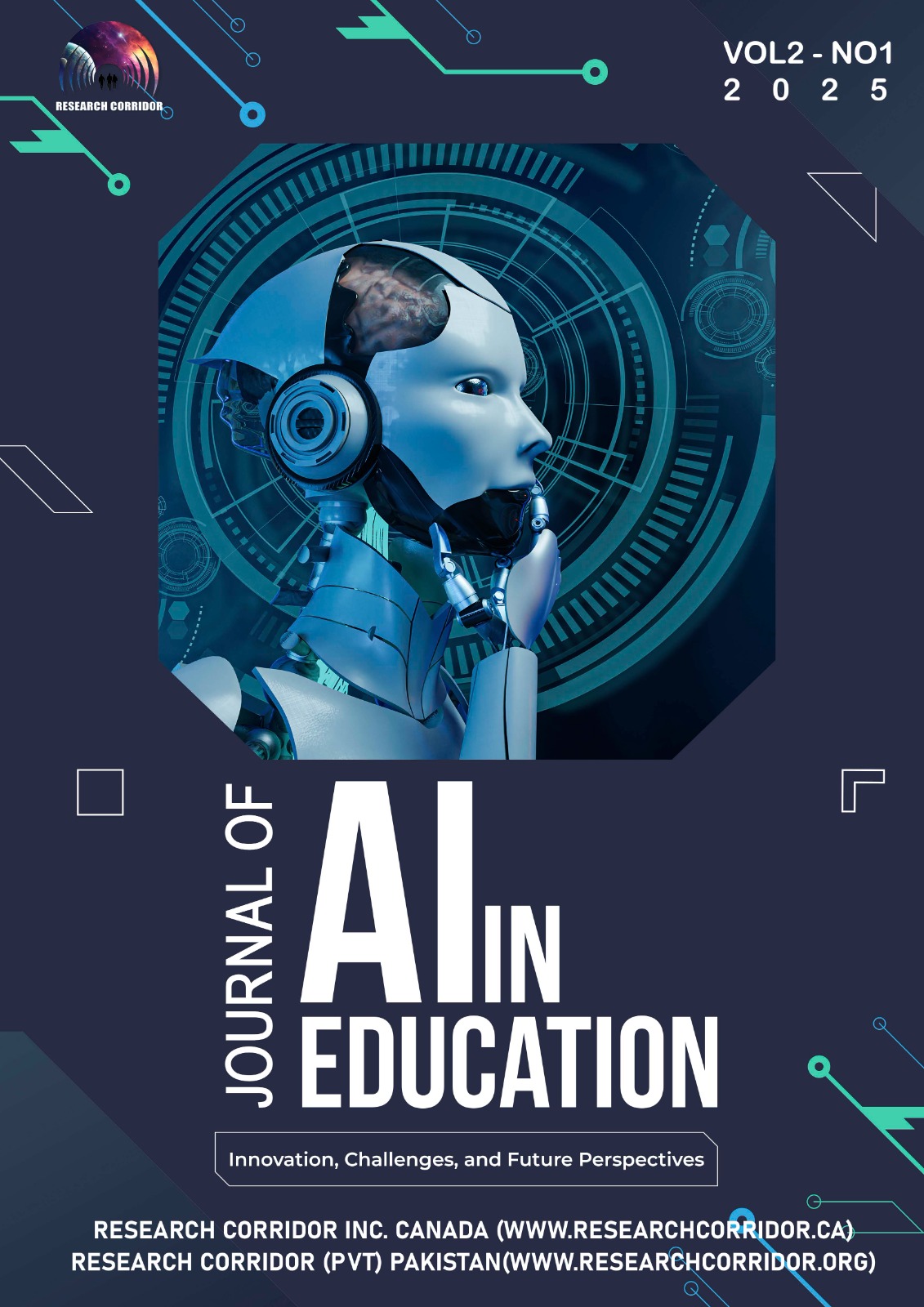Personalized Learning through AI: Opportunities and Challenges in Adaptive Educational Technologies
Keywords:
Personalized learning, Artificial Intelligence, Adaptive education, Machine learning in education, AI-driven learning analytics, Algorithmic bias, Digital divide, Ethical AI in education, Human-AI collaboration, Data privacy in education, Intelligent tutoring systemsAbstract
The rapid advancement of Artificial Intelligence (AI) has transformed the educational landscape, enabling personalized learning experiences that cater to individual student needs. Adaptive educational technologies powered by AI leverage data-driven insights to modify instructional content, pace, and assessment based on learner performance. This study explores the opportunities and challenges associated with AI-driven personalized learning, highlighting its role in fostering student engagement, improving learning outcomes, and addressing diverse learning styles (Holmes et al., 2021). The research examines AI’s ability to provide real-time feedback, automate assessments, and facilitate differentiated instruction, thereby enhancing the overall learning experience. However, the implementation of AI in personalized learning is not without challenges. Issues such as data privacy, algorithmic bias, digital divide, and the potential over-reliance on AI-based education pose significant concerns (Williamson & Eynon, 2020). Additionally, while AI-powered learning platforms excel in providing individualized learning paths, the absence of human interaction and emotional intelligence may limit the holistic development of students (Selwyn, 2019). This study emphasizes the need for a balanced approach, integrating AI-driven personalization with human-led pedagogical strategies to ensure ethical, inclusive, and effective education. By analyzing case studies and recent advancements in AI-based education, the study aims to provide recommendations for optimizing AI’s role in personalized learning while mitigating associated risks.





